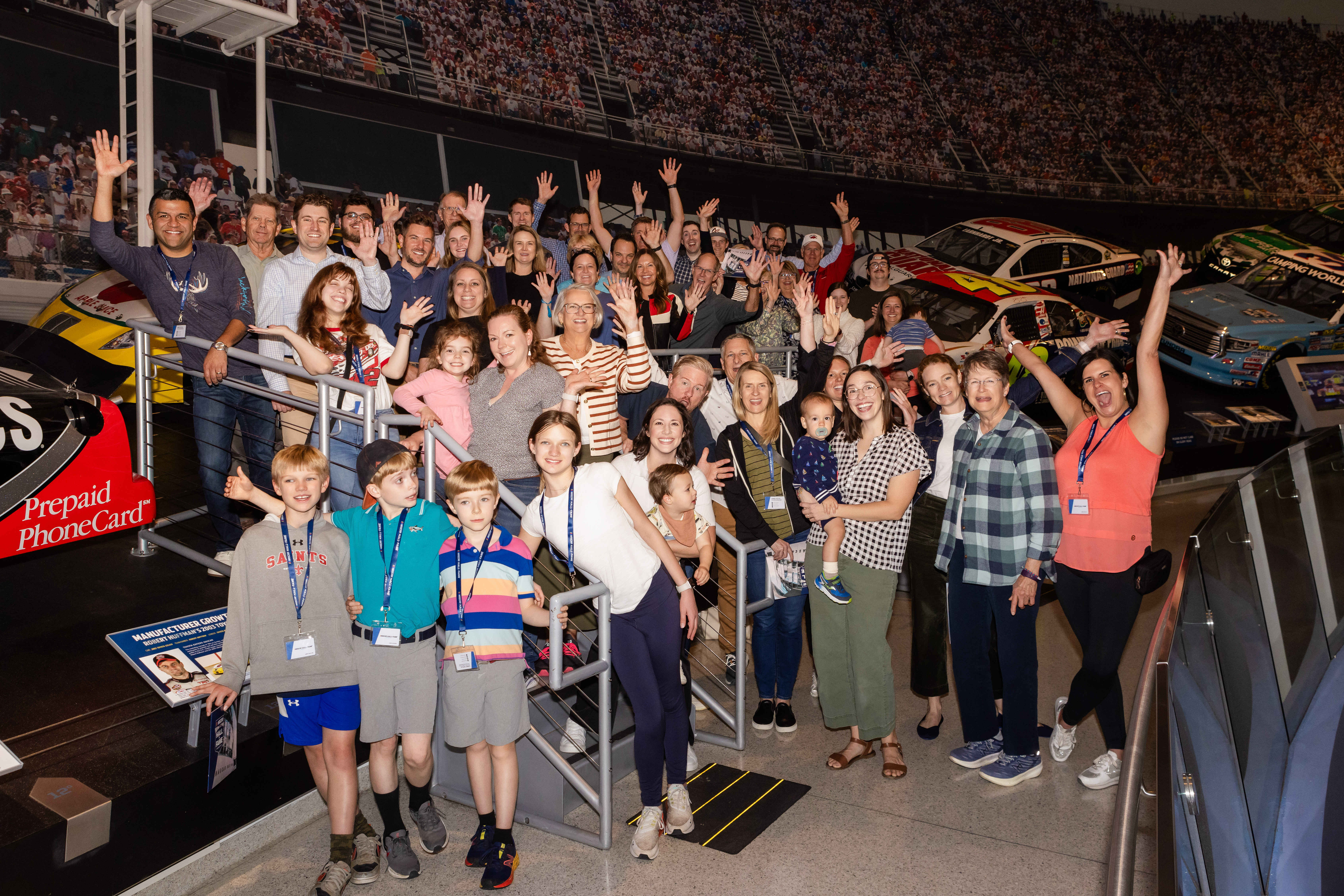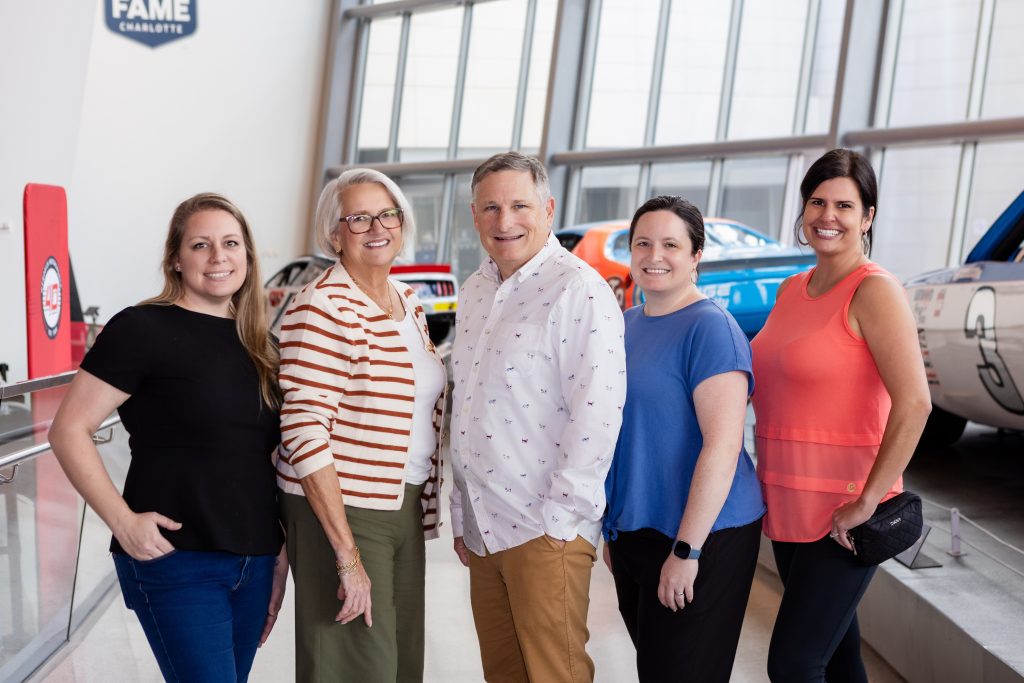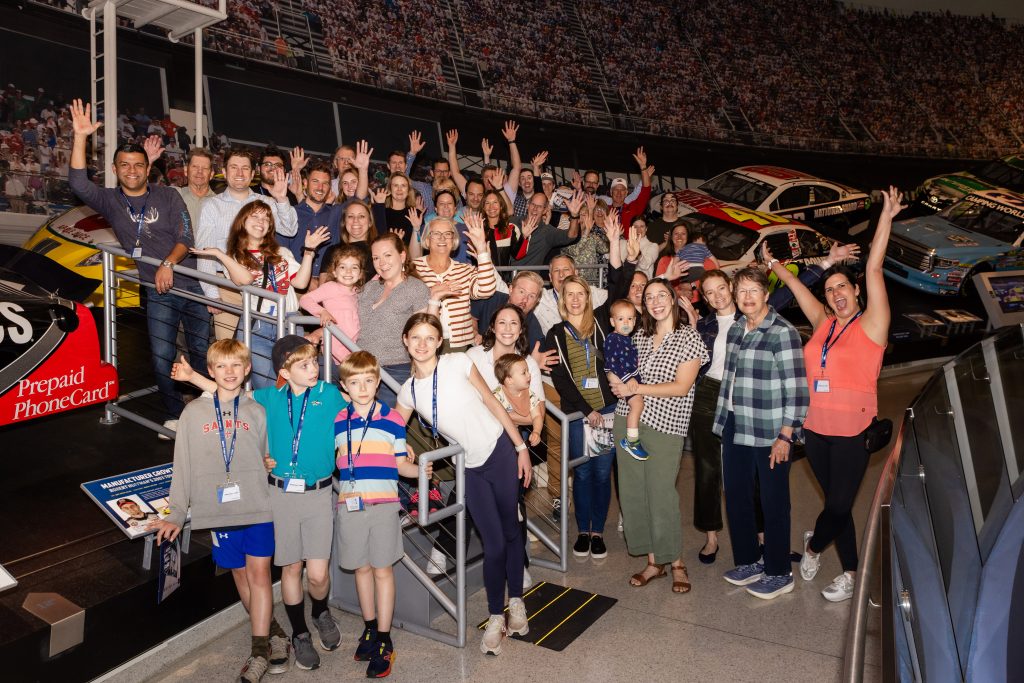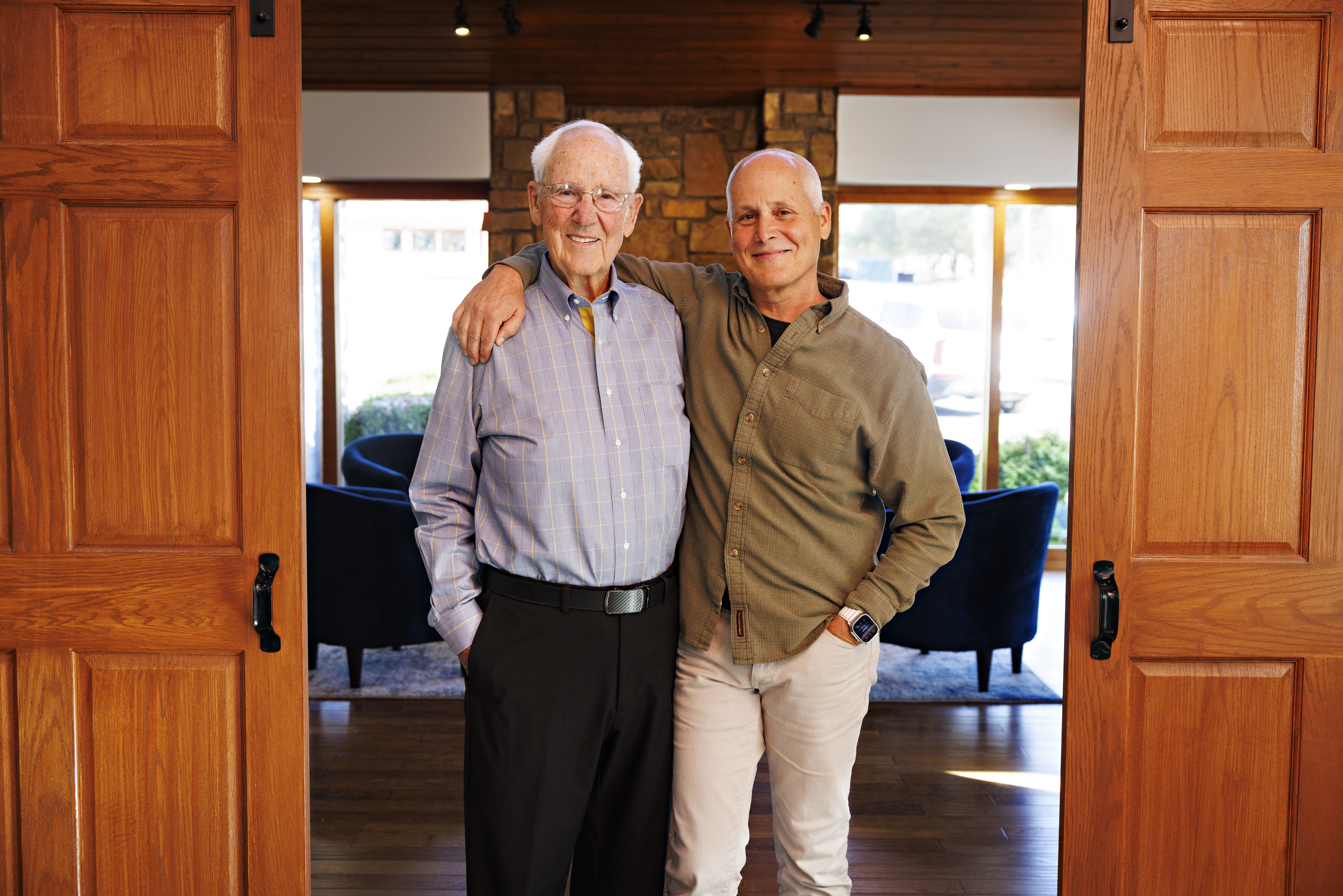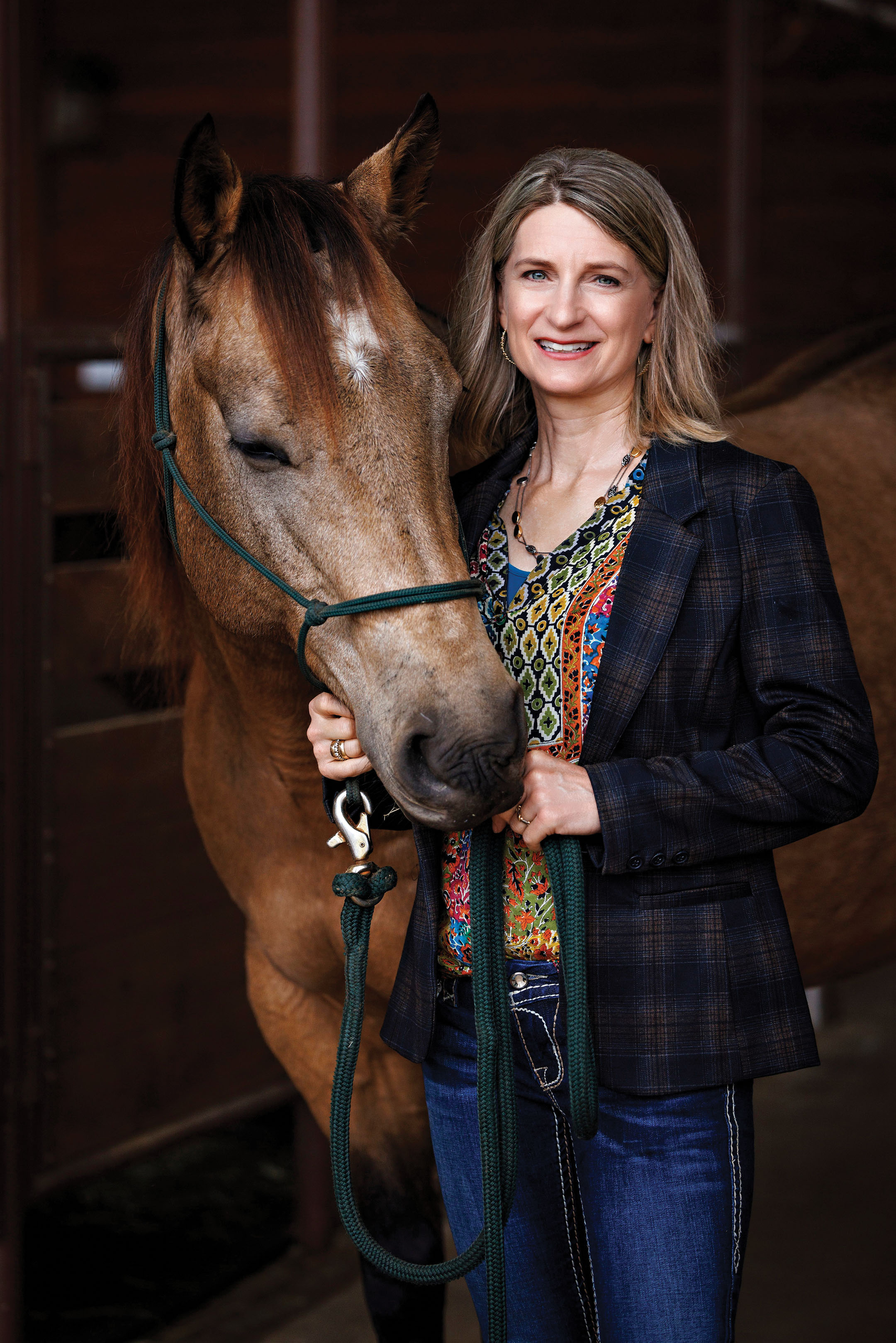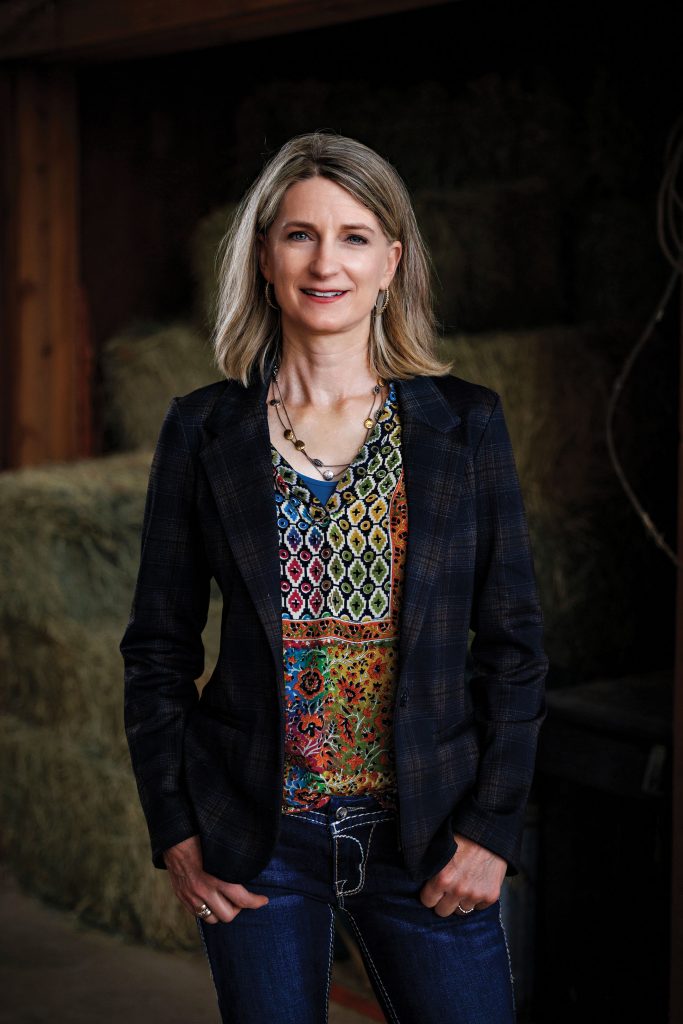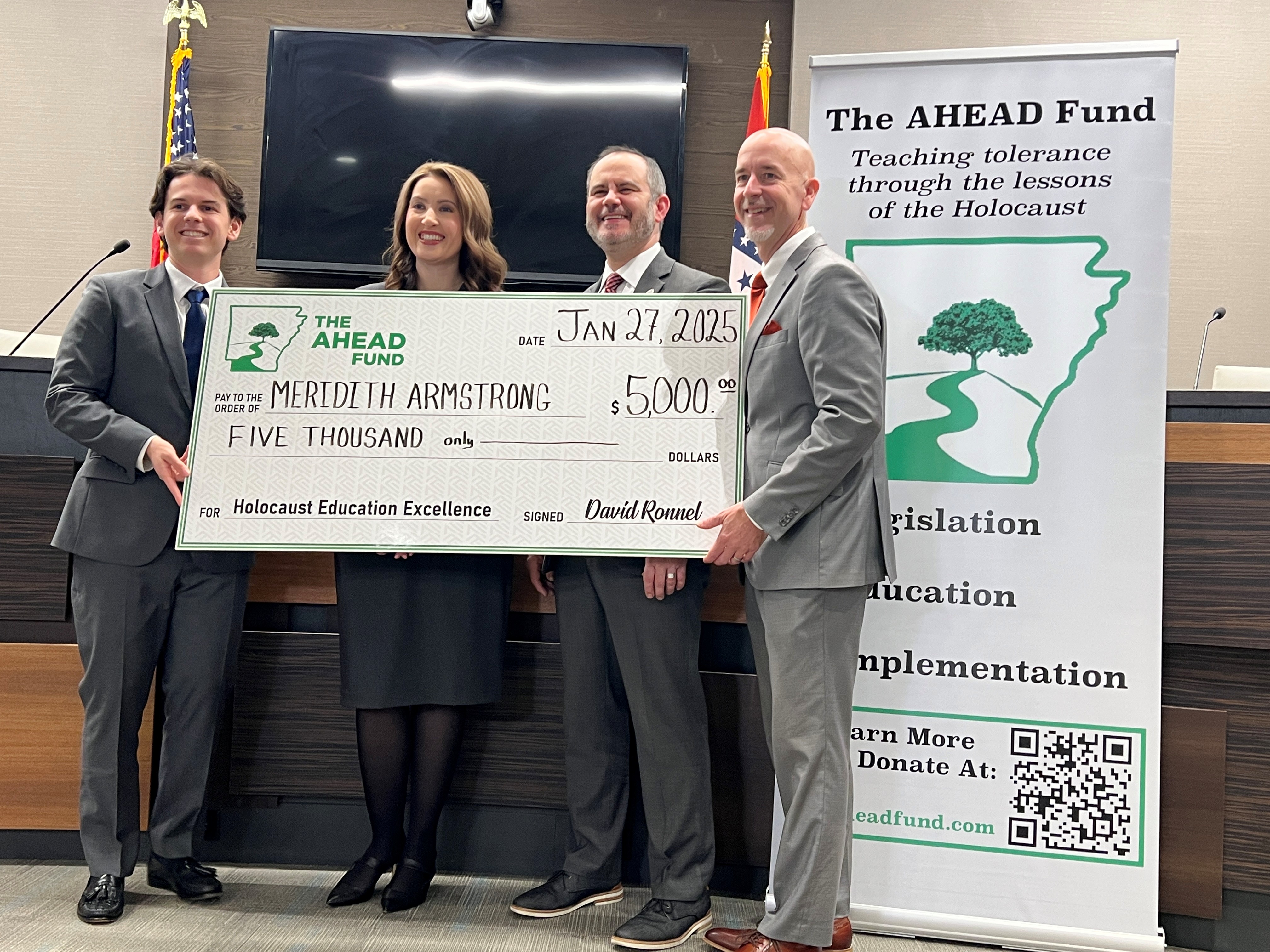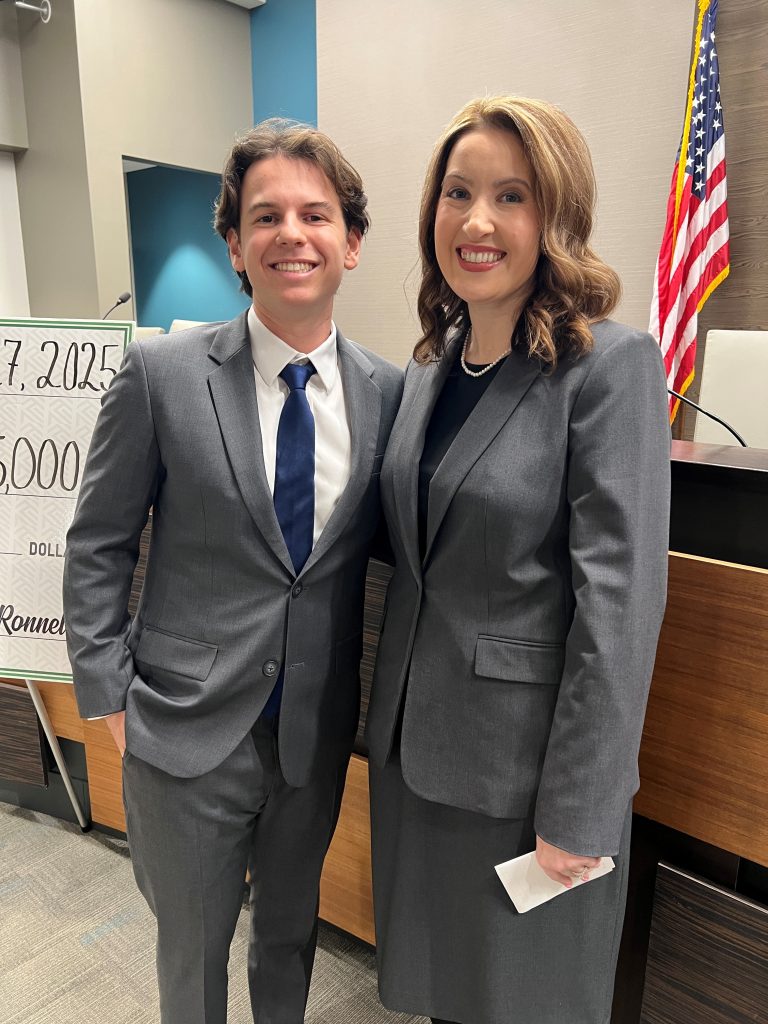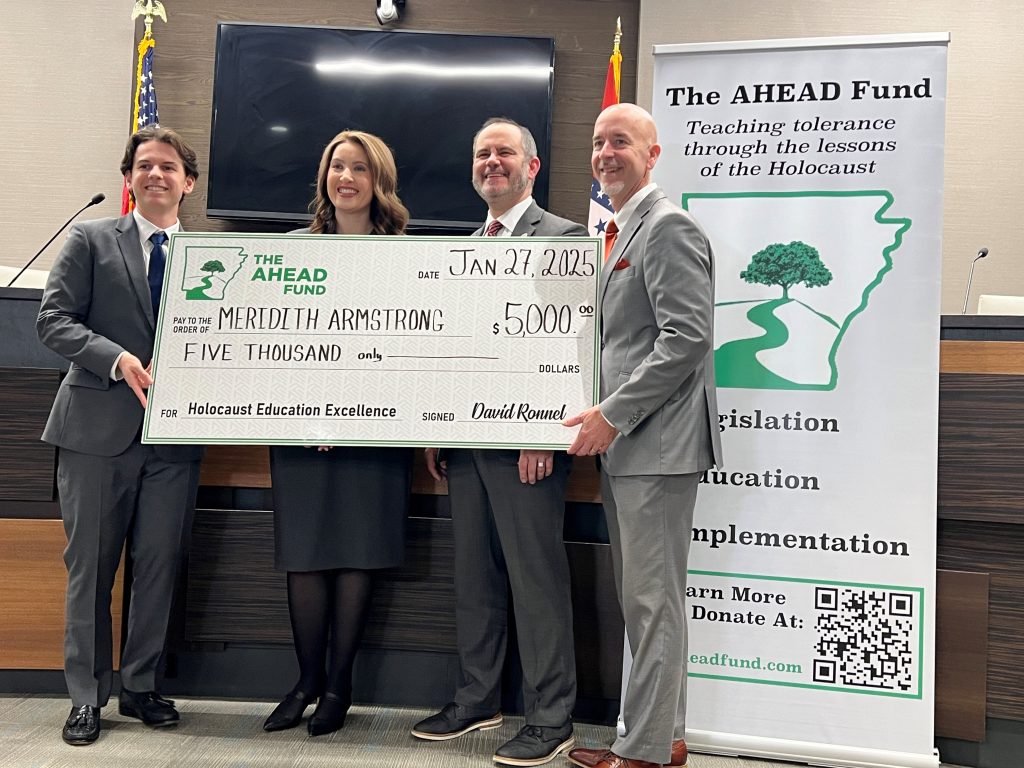“I have been planning this since I was 12-years-old,” said Misha Murphy. “I love to cook, and this area doesn’t have enough places to eat. So, here I am trying to fill that need while doing something I love. Arkansas Community Foundation and Communities Unlimited helped make it possible.”
The Community Foundation’s mission of building stronger Arkansas communities relies in part on bustling economies for rural areas. Small business owners like Murphy drive the local economy and can create more jobs. For residents in Almyra, population 249, access to businesses in the area — whether a food truck or a laundromat or a home health care provider — are imperative to rebuilding rural communities.
Murphy is an entrepreneur, wife and mother of twins living in this Arkansas county town. She received a low-interest loan to start a food truck business from Communities Unlimited (CU), one of the Community Foundation’s impact investing partners. Among their broad program portfolio, CU works in multiple states, primarily in rural areas to unwind generations of inequity and disinvestment.
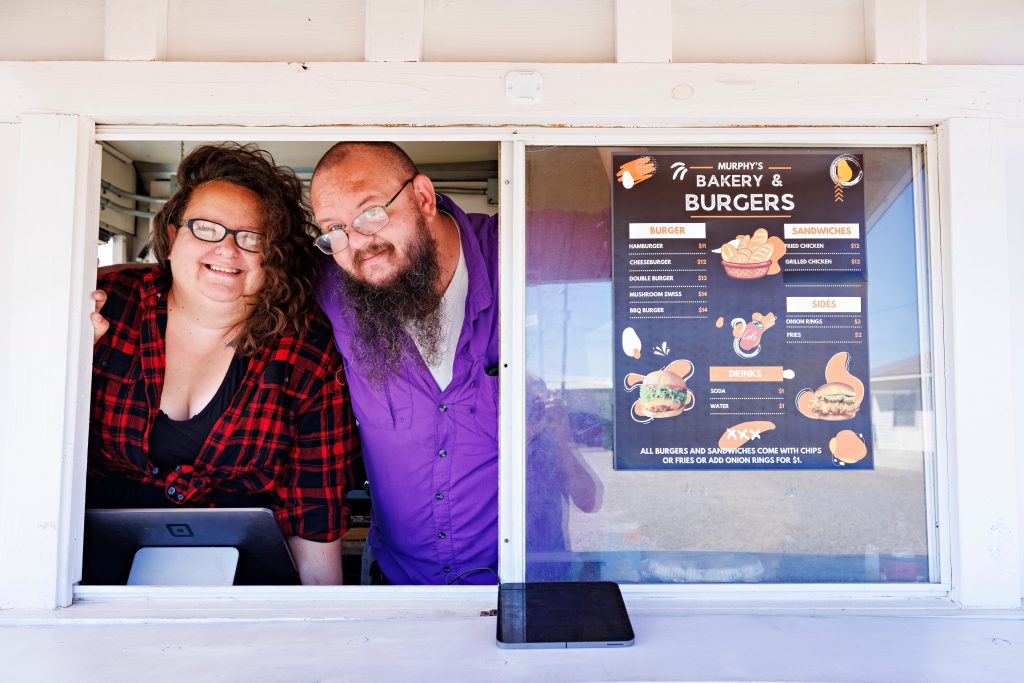
The Community Foundation has partnered with CU since 2016 with an original investment of $1 million. They’ve used that $1 million to make loans to underestimated entrepreneurs like Murphy. That $1 million in funds from the Foundation to CU has moved 2.6 times through 100 loans equaling $2,698,066.
Murphy was introduced to CU by Chantel Poor, one of CU’s community facilitators. “Chantel turned out to live just a few houses down. She connected me with James Custer at CU. He works with entrepreneurs like
me,” said Murphy. “I had the expertise in making food, but James helped me flesh out a business plan. I tend to overthink and create big, grand plans, but he helped me simplify. I held a vision in my mind, but he helped me determine the first step, then the second, and so on.”
When Communities Unlimited makes a loan to an entrepreneur, it is neither the beginning nor end of the relationship. “After working with James for a few months, I was ready to apply for a loan and got it in March of 2024,” she said. “Now, I meet with James every other week because I still need help to grow the business. He helps me look over the financials and makes sure everything is coded correctly. He also helped me find additional funding from another organization.”
“Once you are part of CU, you are family,” said Poor. “Simplified, we are a one-stop-shop organization helping rural communities with anything from lending to housing to broadband access and more. I just happened to meet Misha and was inspired by her drive. I am so proud of her. I was invited to sit in when she signed her contract. It was emotional to see how far she’d come and how hard she has worked.”
Murphy originally wanted a brick-and-mortar location for her culinary business, but that evolved to be a food truck so that she could go to customers in nearby DeWitt and Stuttgart. She serves smash burgers, a variety of desserts and onion rings that are becoming a local favorite. “I have one customer that just wants onion rings,” she said.
The future is bright for Misha Murphy and her food truck, but she still hopes to expand to a physical location one day. “I love to cook and consider myself an entrepreneur at heart, but I’m doing this for my family with the hopes that I can keep growing and leave the business to my children and hopefully set future generations up for success. I want them to have choices.”


